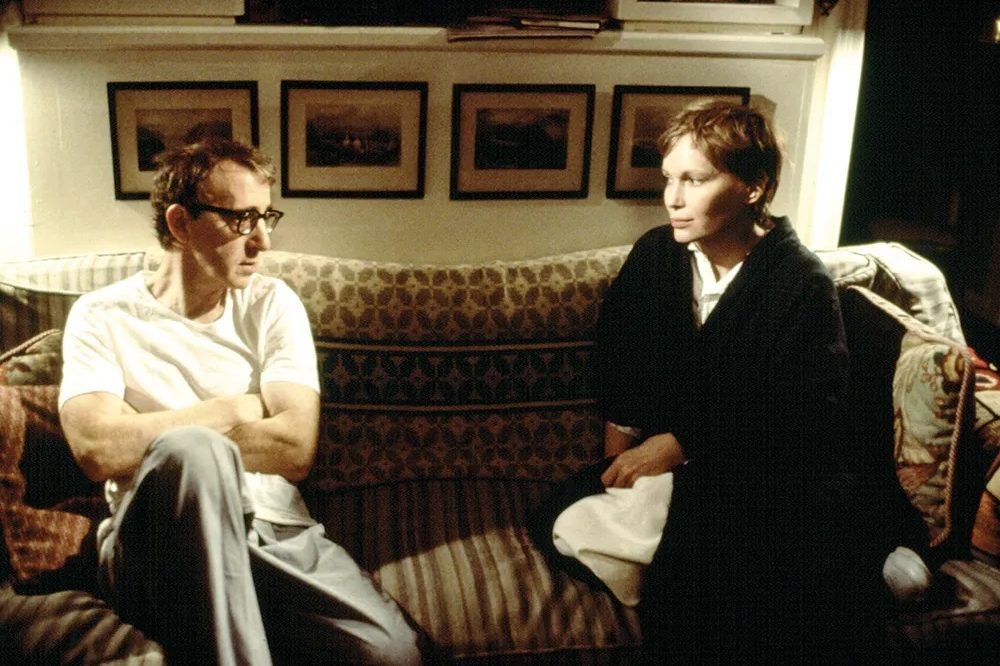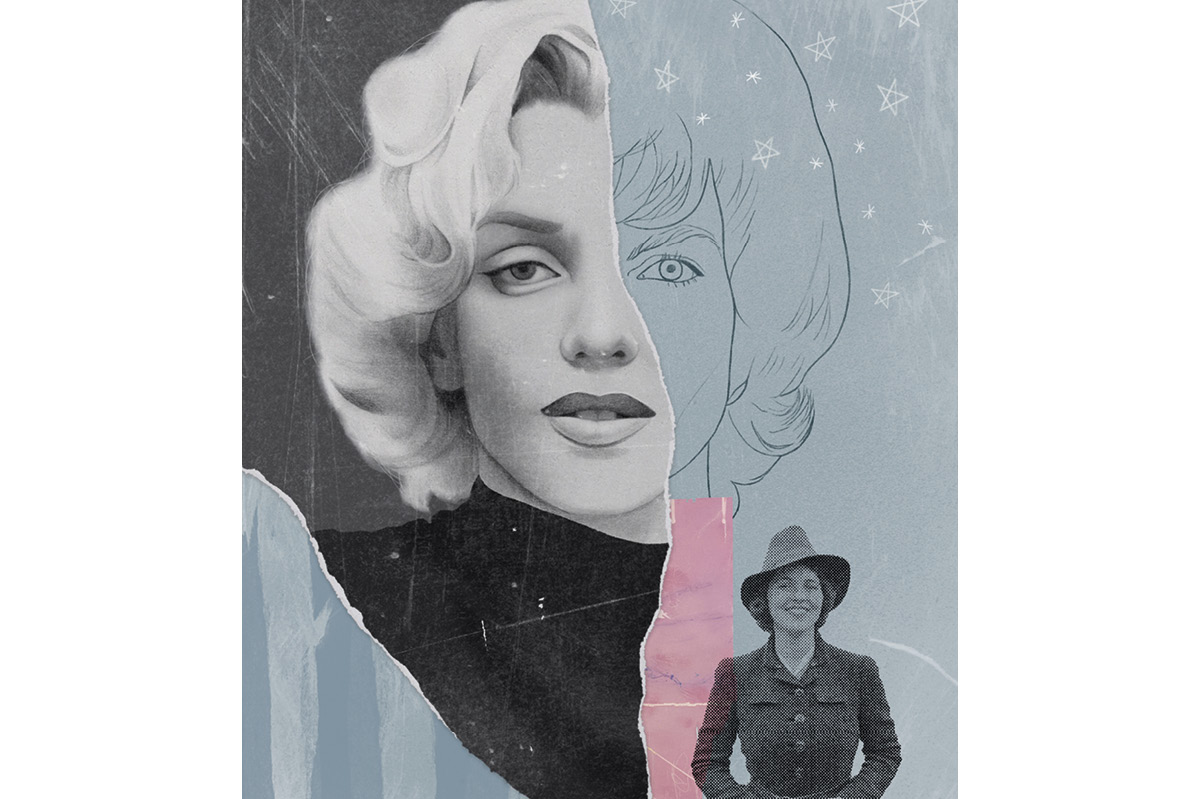In the days since Martin Amis died at seventy-three of oesophageal cancer, the papers have been full of tributes. Mostly by men, mostly admiring, and clearly envious of Mart’s gutsy, mad way with words and his lusty, hard-living literary life, full of the cigarettes that killed him and more booze and women than today’s young literary chaps could ever hope to get anywhere near.
Amis was, it seems clear in memoriam, a man’s writer.
Except that he wasn’t. At least, he wasn’t for young women like me. Primed already by the total horniness of Philip Roth’s narrators, and particularly Alexander Portnoy of Portnoy’s Complaint, I dove happily into the fervid folds of Mart’s pages, mentally pinched and groped by his incessant, entirely unforgiving imagery of sexual conquest. Despite being a lady reader, I was amused to no end, but also interested by the harshness of Charles Highway’s machinations in The Rachel Papers and the narrator’s keen eye for Nicola Six’s beauty and power in London Fields. To the disgust of my director of studies at Cambridge, who wanted me to do a special paper on the English Moralists, I took the “1970-to-the-present” exam and, along with my college’s mostly-female group of English students, grabbed at Amis (a few girls, and no boys, had already read London Fields and Money and strongly recommended).
Along with books by his friend Roth and to a lesser extent the overly arty, adultery-obsessed John Updike, Amis’s 1970s and 1980s novels served as a kind of sexual sentimental education for me. They offered a shocking and exciting insight into how young men saw women and the other men around them, and gave me the distinct impression that being the object of a man’s lust could confer both total, intoxicating power over him and everything around him, and the possibility of its opposite: the most grotesque denigration. Indeed, reading Amis and co. felt a bit like public espionage. Here were these virile young men, with the talent to express the extremes of the basest male thoughts, in richly clever, moreish language. Trade secrets galore spilled and nothing held back.
So by the time I went in earnest into the world of men and dating in my early twenties, I had spent nearly a decade reading baroquely rendered literary accounts of boomer male horniness. I knew its ins and outs: the extent and thoroughness, the specificity of the objectification of every inch of a woman’s face and body; the way each feminine trait could be fodder for love, lust, revulsion and quite often over a short period of time, all three. The overriding impression was that all men wanted sex — and would take it wherever they could at almost any price. Having spent my own teenage years stuck in the horrible trap of unreciprocated obsession (do teenage girls have any other mode of yearning?), I was rather looking forward to encountering what must certainly be a dynamic that would give me a great deal of romping power. Having been denied the return of my more romantic affections in a bruising assortment of crushes, I was now ready to take what I could get. And to judge by the objectives of Amis narrators, that would be a lot.
What a let-down the reality was. The landscape of youthful dating in the 2000s, and then slightly less youthful in the 2010s and 2020s revealed men, young and old, with far feebler desires than those of the Charles Highways or Terence Services (Success, 1978) of the world.
I found that the young men of post-millennium Britain — perhaps subject to the very dynamics of ‘late capitalism” that so preoccupied Amis — were more willing to choose comfort and convenience over sex. They quailed at the perceived barbs of female personality (“intimidating” was a classic) rather than the being lured headlong into the promise of a good rack. Among those who were quick to jump into bed, many simply wilted afterwards under the fear of giving the wrong signals or of inviting the scariest thing of all: feminine neediness. Did the Charles Highways, Keith Talents and John Selfs of the world worry about “signals”? No: they worried about filling their boots as long and as much as they could.
Several modern developments have proved final nails in the coffin of the Amisian man — to the disappointment of women like me. One: the #MeToo movement, which further disincentivized the committed, sidling lasciviousness some women had secretly hoped to encounter as red-blooded youngsters with low self-esteem. It’s harder than ever for some women’s inner cries of “objectify me!” (more common than one is led to believe) to find safe outlet now that the rakes, cads and chest-starers of yore are all but gone. Young men in particular are simply too well-mannered and, more importantly, have too great a commitment to moral virtue to behave like this. The fact that they drink less doesn’t help.
And then, of course, there’s the ultimate move from real-life perving to online-only advance-making thanks to Tinder and the like. The Tinder generation not only “date” online, they build whole worlds of sexual satisfaction online — porn, hologram Chat GPT-4 enabled wives, you name it. The incentive to get off the sofa and attempt desperately to get a woman into bed simply no longer exists. And so, in mourning Amis, we also mourn the death of the ingeniously, committedly — and above all IRL — horny young man.
This article was originally published in The Spectator’s UK magazine. Subscribe to the World edition here.

























